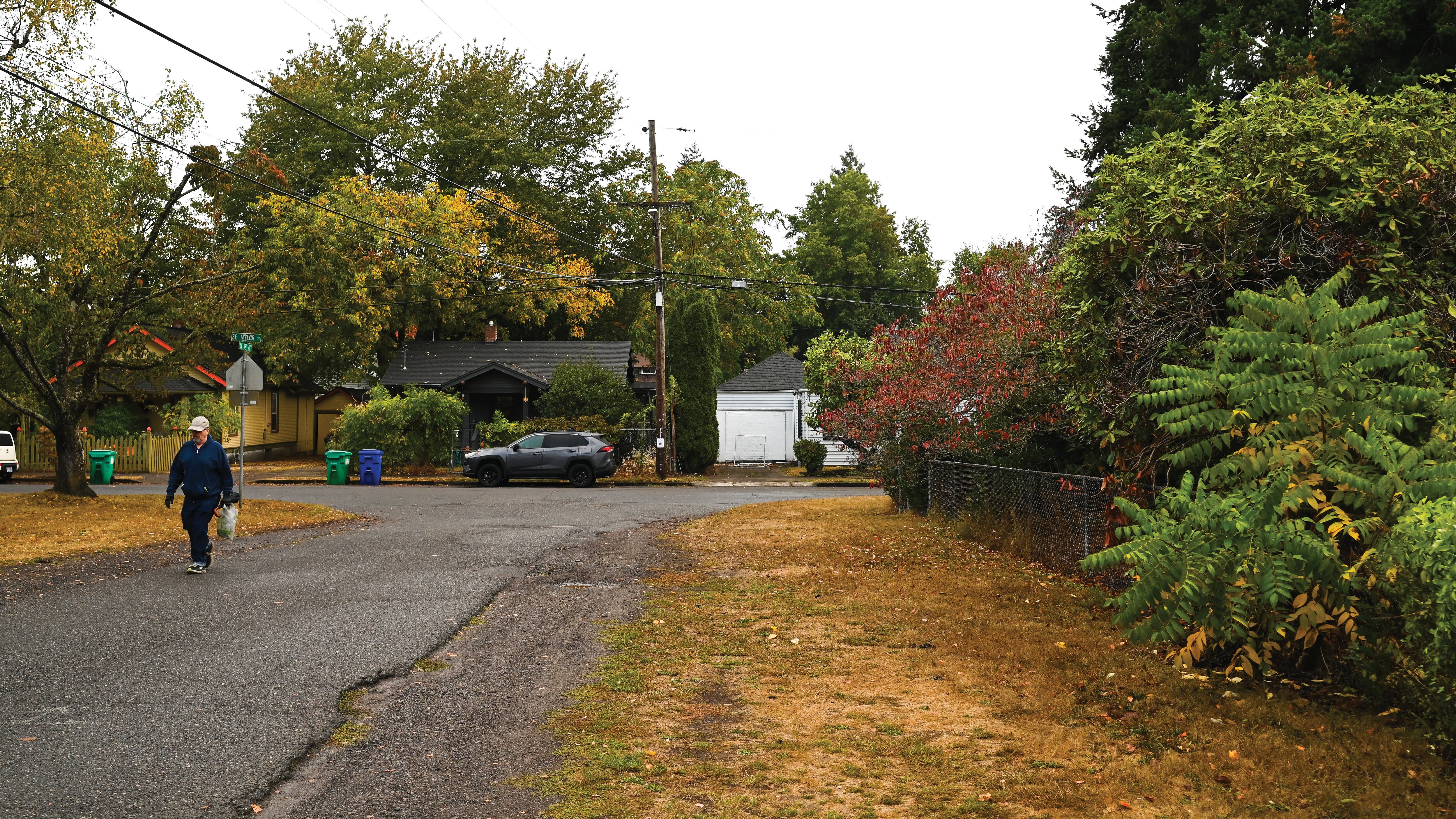In October, WW wrote about a street of homeowners in Southeast Portland unhappy with the city’s demands that each pay $24,000 for sidewalks soon to be built along their street.
The backlash from neighbors was so strong that after weeks of discussion, the Portland City Council walked back its plans Wednesday morning and voted 5-0 for a resolution, of sorts: no bill, no sidewalks.
The city had created the local improvement district—a strategy by which it bills homeowners for road improvements—in October. The city is renovating Berrydale Park, surrounded by streets with no sidewalks and poor drainage, including Southeast 89th Avenue.
The city project manager in charge of the plan, Andrew Aebi, told neighbors in October that the cost burden of building sidewalks along 89th Avenue would actually decrease if it was bundled together with the park renovation.
But homeowners along 89th Avenue were shocked by the bill: $24,000 per homeowner. Despite a letter penned and signed by nearly all 89th Avenue residents asking that it nix the project, the city initially moved forward with its plans.
But after WW covered the issue Oct. 26, 11 of the 14 homeowners along 89th Avenue slated to be billed filed official grievances with the city. In response, the city walked back its plans.
To some of those homeowners, living along the west side of Berrydale Park in the Montavilla neighborhood, the resolution is a good one. It’s as if the three-month dispute never happened.
But it also means the dismal condition of that particular block along 89th Avenue remains as such, with no sidewalks, pooling water during rainfall, and crumbling pavement that bleeds into front yards.
The conclusion of this particular project—or the lack of one—illustrates the bind the city finds itself in: For decades now, city leaders have vowed to focus infrastructure improvements in Southeast Portland after decades of neglect and underfunding. But the city’s practice of billing homeowners for such improvements doesn’t always fly in areas where low- and middle-income homeowners can’t afford to pay tens of thousands of dollars for those improvements.
“As a city, we actually put it on the back of the homeowners to fix the inequities the city has built in. In this particular case, I appreciated the community being really clear that his would be economically devastating for them,” said City Commissioner Jo Ann Hardesty, who oversees the Transportation Bureau. “The good news, is the park project will move forward. As a city, we cannot continue to make one-off decisions about how we actually build community, because it’s sad there’s not another opportunity or funding venue to make this happen.”

